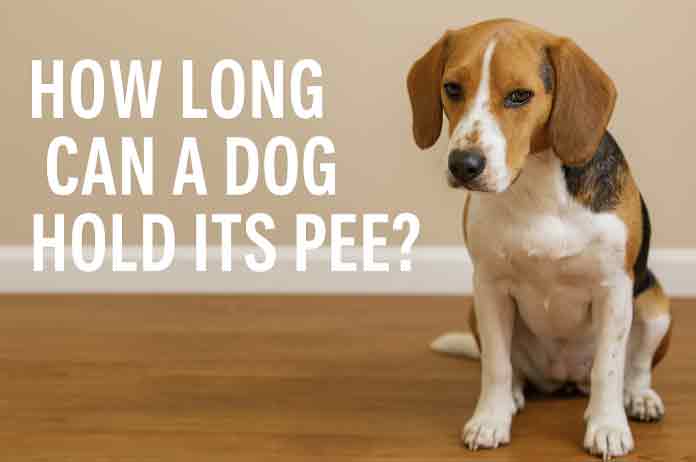How Many Breaths Per Minute Is Normal for a Dog?
Table of Contents
- Introduction
- What Is a Normal Breathing Rate for Dogs?
- How to Measure Your Dog’s Breathing Rate
- Factors That Affect a Dog’s Breathing Rate
- Puppies vs. Adult Dogs: Breathing Differences
- When to Be Concerned About Breathing Rates
- Common Causes of Fast Breathing in Dogs
- How Vets Evaluate Abnormal Breathing
- FAQ
- Conclusion
Introduction
If you’ve noticed your dog breathing more quickly than usual, you might be wondering: how many breaths per minute is normal for a dog? Understanding your dog’s respiratory health is important, especially since changes in breathing can indicate health issues ranging from minor to serious. This article covers everything you need to know about normal respiratory rates in dogs and what you can do if you suspect something’s wrong.
What Is a Normal Breathing Rate for Dogs?
The average resting or sleeping breathing rate for healthy dogs is between 10 and 35 breaths per minute. Factors like age, size, fitness level, and temperature can slightly influence this number. During play or on hot days, it’s normal for dogs to breathe faster due to panting—but when at rest, the rate should fall within the normal range.
How to Measure Your Dog’s Breathing Rate
To get an accurate reading of your dog’s breaths per minute:
- Wait until your dog is sleeping or resting quietly.
- Watch their chest rise and fall—this counts as one breath.
- Use a timer to count how many breaths occur in 30 seconds.
- Multiply that number by two to get breaths per minute.
Tip: Use a stopwatch or smartphone timer to avoid distractions and ensure accurate timing.
Factors That Affect a Dog’s Breathing Rate
Several conditions can influence how fast your dog breathes:
- Temperature: Warm weather can lead to panting as dogs regulate body temperature.
- Excitement or anxiety: Emotions can temporarily increase breathing rates.
- Breed: Brachycephalic breeds (e.g., Bulldogs, Pugs) naturally breathe more rapidly.
- Fitness level: Active, healthy dogs may have a lower resting rate than sedentary dogs.
- Medical conditions: Heart disease, respiratory illness, or pain may cause abnormal rates.
Puppies vs. Adult Dogs: Breathing Differences
Puppies typically breathe faster than adult dogs, with normal resting rates between 15 and 40 breaths per minute. Their smaller size and developing systems make quick breathing more common and usually not a cause for concern—unless other symptoms are present.
When to Be Concerned About Breathing Rates
Call your vet if your dog shows these signs along with a high or low respiratory rate:
- Persistent breathing over 40 breaths per minute at rest
- Labored or open-mouth breathing
- Blue or pale gums
- Unexplained coughing or gagging
- Lethargy, loss of appetite, or weakness
Common Causes of Fast Breathing in Dogs
Fast breathing at rest can be caused by:
- Pain or discomfort
- Respiratory infections like pneumonia or kennel cough
- Heart conditions such as congestive heart failure
- Anemia, causing low oxygen levels
- Heatstroke or overheating
- Obesity, making it harder to breathe when resting
If you’re ever unsure whether your dog’s breathing is normal, it’s best to consult your veterinarian for peace of mind.
How Vets Evaluate Abnormal Breathing
When you take your dog to the vet for breathing concerns, they may:
- Check the breathing rate and rhythm
- Use a stethoscope to listen to lungs and heart
- Order chest X-rays or ultrasounds
- Run blood tests to check oxygenation and infection levels
- Monitor overnight in serious cases
Early detection is crucial, especially in older dogs or those with known health issues.
FAQ
Is it normal for dogs to breathe fast while sleeping?
Yes, especially during REM sleep when dreaming. However, very fast or labored breathing at rest could indicate a problem.
Can anxiety cause rapid breathing in dogs?
Absolutely. Stress, separation anxiety, or unfamiliar environments can temporarily raise a dog’s breathing rate.
How do I calm my dog’s breathing?
Try moving them to a cool, quiet environment, offer water, and gently soothe them. If breathing doesn’t normalize, consult a vet.
What is considered dangerous breathing rate for a dog?
Over 40 breaths per minute at rest may indicate an issue, especially when paired with other symptoms like coughing or lethargy.
Should I be concerned if my puppy breathes quickly when napping?
Not necessarily—puppies often breathe faster when sleeping or dreaming. Monitor for other symptoms to be safe.
Conclusion
So, how many breaths per minute is normal for a dog? Generally, 10–35 breaths per minute is healthy for resting dogs, with puppies breathing slightly faster. Knowing your dog’s baseline and regularly monitoring their breathing can help you catch issues early and keep them safe and happy. When in doubt, always consult your veterinarian.
Explore our blog for more dog health tips, wellness guides, and real-world advice for caring pet owners.







